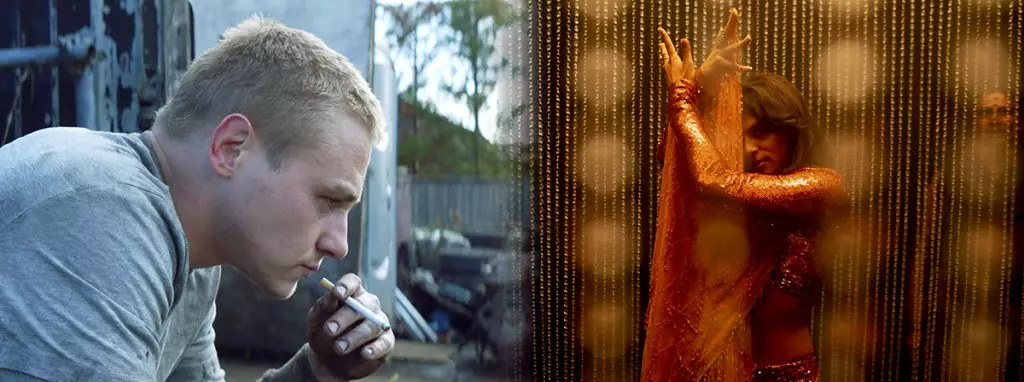“Unicorns,” an electrifying addition to the film festival circuit, deftly explores the complexities of identity and romance against a backdrop steeped in cultural nuances. With Ben Hardy portraying Luke, a single father from Essex, and Jason Patel as Aysha, a British Indian drag queen, the film becomes an essential narrative, highlighting the often overlooked intersections of gender, sexuality, and cultural identity. As society grapples with increasingly blurred lines around these concepts, narratives like “Unicorns” not only entertain but also challenge conventions, prompting audiences to confront their own biases and assumptions.
Directorial Brilliance
The film’s co-directors, El Hosaini and Krishna Floyd, have crafted a cinematic experience that feels fresh and engaging. El Hosaini, celebrated for her work on “The Swimmers,” has a knack for depicting emotional landscapes that resonate with authenticity. In “Unicorns,” her visual storytelling is complemented by Floyd’s unique perspective as a filmmaker-actor, who brings depth to the characters’ emotional journeys. Their joint efforts create a film that is as rich in visual allure as it is in thematic substance, an achievement that is far too rare in contemporary cinema.
A Risky Cinematic Venture
The film’s premise inherently carries risks. By focusing on a relationship that defies traditional norms, “Unicorns” invites scrutiny from audiences who may not fully embrace these narratives. Yet, this is precisely what makes the film provocative and necessary. The reluctance of mainstream media to fully embrace LGBTQ+ themes and cross-cultural stories reveals a fissure in societal willingness to evolve. “Unicorns” bravely traverses this landscape, igniting conversations on love that transcend boundaries.
Investment in Diverse Storytelling
Cohen Media Group’s acquisition of “Unicorns” signals a progressive step in favor of diverse storytelling that extends beyond North American shores. Robert Aaronson’s optimism for the film echoes a broader industry trend toward inclusivity, though it raises an important question: will this be a sustainable movement or merely a fleeting trend? It remains imperative that stakeholders in the film industry continue to invest in diverse narratives, as this is not just about representation. It’s about enriching the cultural tapestry we present to the world.
Commercial Viability vs. Artistic Integrity
Following a tumultuous financial reality, including the controversial sale of assets, Cohen Media Group now finds itself at a crossroads. The emphasis on the commercial viability of such a unique film could pressure the company to compromise its artistic integrity. However, in their remarks about “Unicorns,” both Trudie Styler and Celine Rattray stress the significance of pairing with the right distributor. By acknowledging the value of authenticity in storytelling, there lies an authentic opportunity to engage with what matters—the emotional truths behind the narratives being told.
Cultural Reflections in a Globalized World
“Unicorns” not only captures the essence of a modern romance but also serves as a lens through which we can examine broader cultural dynamics. As migration and globalization continue to shape societies, films like these invite introspection about the roles we play in our own lives. They ask us to question: How open are we to embracing the unfamiliar, whether it be lifestyles, love, or cultural practices? By engaging with such challenging topics, this film not only entertains but also speaks to the heart of the kinds of conversations we need to be having today.
Through its vibrant storytelling and bold character arcs, “Unicorns” holds the promise of redefining how we perceive love and identity in the precious moments of life.


Leave a Reply